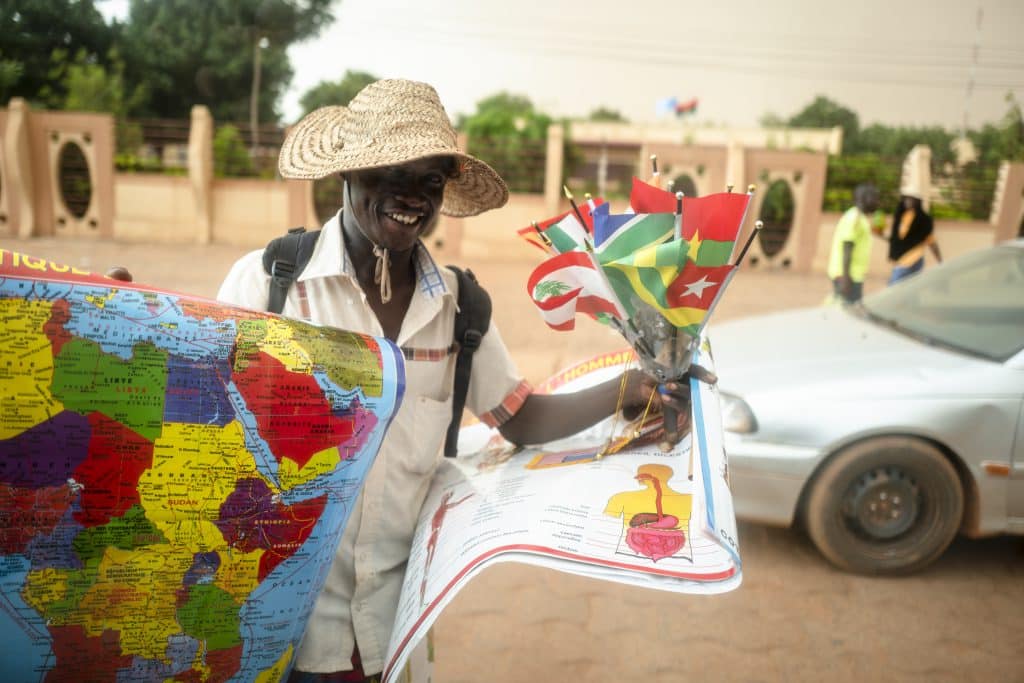Do you ever think about this?
In less than two weeks, I will fly to Accra (Ghana) to conduct a research on the migration incentives of the African youth. Do they ever think about migrating? Do they think about living in Europe? Do they have family members and friends who live in another country? And how and where do they see their own future?
Together with our European partner, the Foundation for European Progressive Studies (FEPS), we want to get insight into the motivations of African youngster to migrate. Because only when we know the reasons behind migration, we can implement policies that will reduce irregular migration or that create legal pathways for migration.
Facts on migration
But first, we need to know the facts on migration. Looking at the media, you sometimes get the idea that everyone in Africa wants to go to Europe, to work and to have a chance at a better future. Academics, such as Ton Dietz and Leo Lucassen, on the other hand show that international migration is relatively stable. Only about three percent of the world population lives in a country other than his or her country of birth.
When we look at migration in Africa, they show that most migration takes places on the continent itself. Africans migrate to bigger cities, to neighbouring countries, and yes, sometimes to Europe. Or Asia, or America. But all in all, these numbers are quite small and have been stable in the past years.
Policies to counter migration: do they work?
Still, the EU is implementing many policies to prevent migration. An important one is the EU Trust Fund for Africa, created in November 2015. This fund, consisting of over three billion euros, aims to increase development in African countries of origin. With this help, potential migrants would have a future in their own country, so they will not take the dangerous route to reach Europe. At least, that is the main idea behind this fund.
But does it really work like that? Probably not. It is expensive to migrate, especially as an irregular migrant. This means that migrants are not the poorest citizens. More development increases the income of potential migrants, and therefore makes migration within reach of more youngsters. So, development likely increases the number of migrants.
How do Ghanaians think about migration?
What am I going to do in Ghana? I want to find out why some youngsters in Ghana think about migrating. What are their motives? What kind of policies can be made to give youngsters more perspective within their country? And how do they see their future, either in Ghana or somewhere else? You can follow my research through the FMS website or through our special online magazine (coming soon!).
Our colleague Anne van der Meer will visit Ghana for four weeks to talk about migration. Why do people want to migrate? How do they see their future? And how can irregular migration be prevented?
Photo: Maurice Weiss ©





